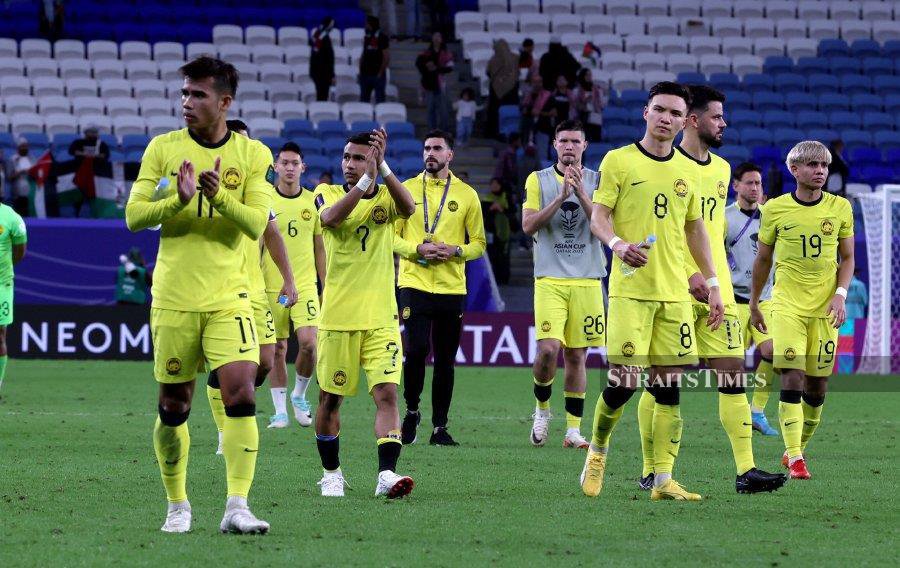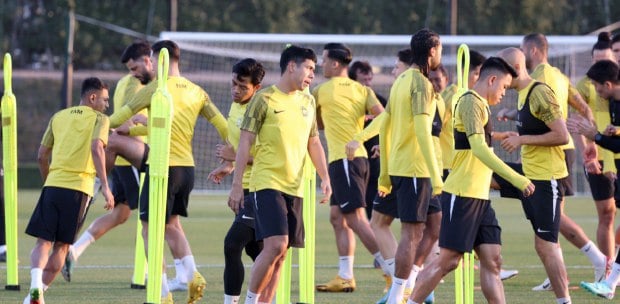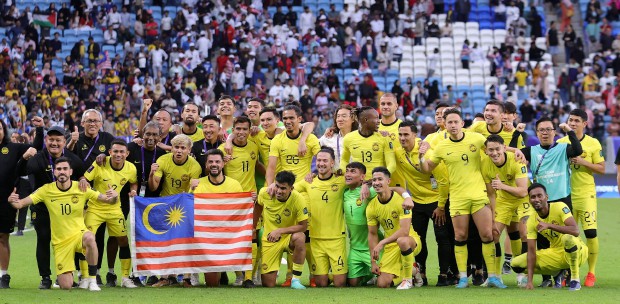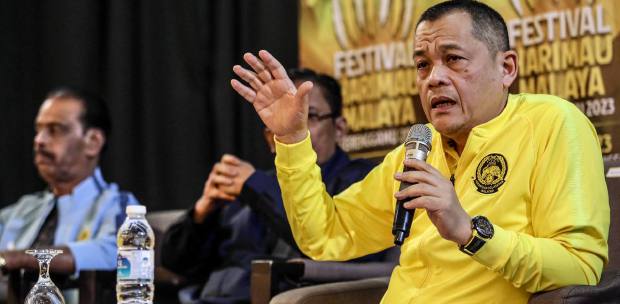KUALA LUMPUR: Harimau Malaya should learn from countries that shone at the just-concluded Asian Cup.
It is essential to note that Malaysia must seek to strengthen their nationwide development programmes and incorporate them into the M-League structure for better results.
The FA of Malaysia (FAM) should also encourage Malaysian players to play abroad and get enough minutes in club-level football.
It is also crucial to attract private investment into the nation's football structure.
In Saturday's Asian Cup final, Qatar retained their title by overcoming Jordan 3-1 at the Lusail Stadium in Doha.
Sports observer Dr Faithal Hassan said there are things Malaysian football must learn from Qatar and Jordan.
"Generally, Malaysia must strengthen football development in the country. The National Football Development Programme (NFDP) is good. However, it is not enough. The NFDP and private academies need to collaborate to have similar training modules and facilities.
"FAM must also make sure state FAs take development seriously.
"The national body should also encourage Malaysian players to play abroad. They should not only be thinking about becoming champions in local competitions.
"The chance to play outside the country will provide players valuable experience. Having game time should also be an important aspect of selecting players.
"If you look at Qatar and Jordan, most of their players play regular football for their clubs. That should be a prerequisite when selecting players to represent the country," said Faithal, a Deputy Dean at Universiti Malaya.
He added that FAM must also do more in the development and success of the national team.
"They should seek the assistance of private bodies or corporations to push towards this success.
"Being too dependent on government support is not wrong, but if there is any political interference, then it will disrupt the growth of football.
"Jordan and Qatar, for instance, work with local and international companies to support their financial and equipment needs.
"For example, Jordan are collaborating with CFI Financial Group to host their main men's and women's leagues. They also assist in encouraging their players to join foreign clubs," said Faithal.
Faithal said the recent Asian Cup also saw some new teams, including Uzbekistan, Tajikistan, Thailand, Indonesia, Vietnam and Malaysia, doing respectably.
"Asian football development has grown, as shown by Jordan, Thailand, and Indonesia during the Asian Cup.
"Aside from the help of naturalised players, these countries run good football development programmes.
"Before this, we would only see countries like South Korea, Japan, Australia, and Saudi Arabia dominating Asian football, but now others are making inroads," said Faithal.
On Qatar's triumph, Faithal felt the final was an anti-climax due to the nature of The Maroons' victory through three penalties.
"I think overall the final was a bit of an anti-climax. Qatar won it through Akram Afif's hat-trick of penalties.
"But how the game was won was arguable due to the referee's decisions, including the penalties to Qatar and yellow cards to Jordan players, during the final," Faithal added.





